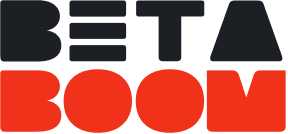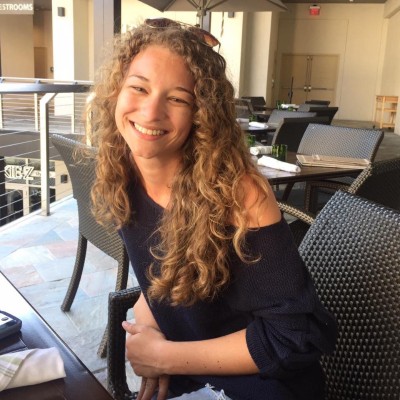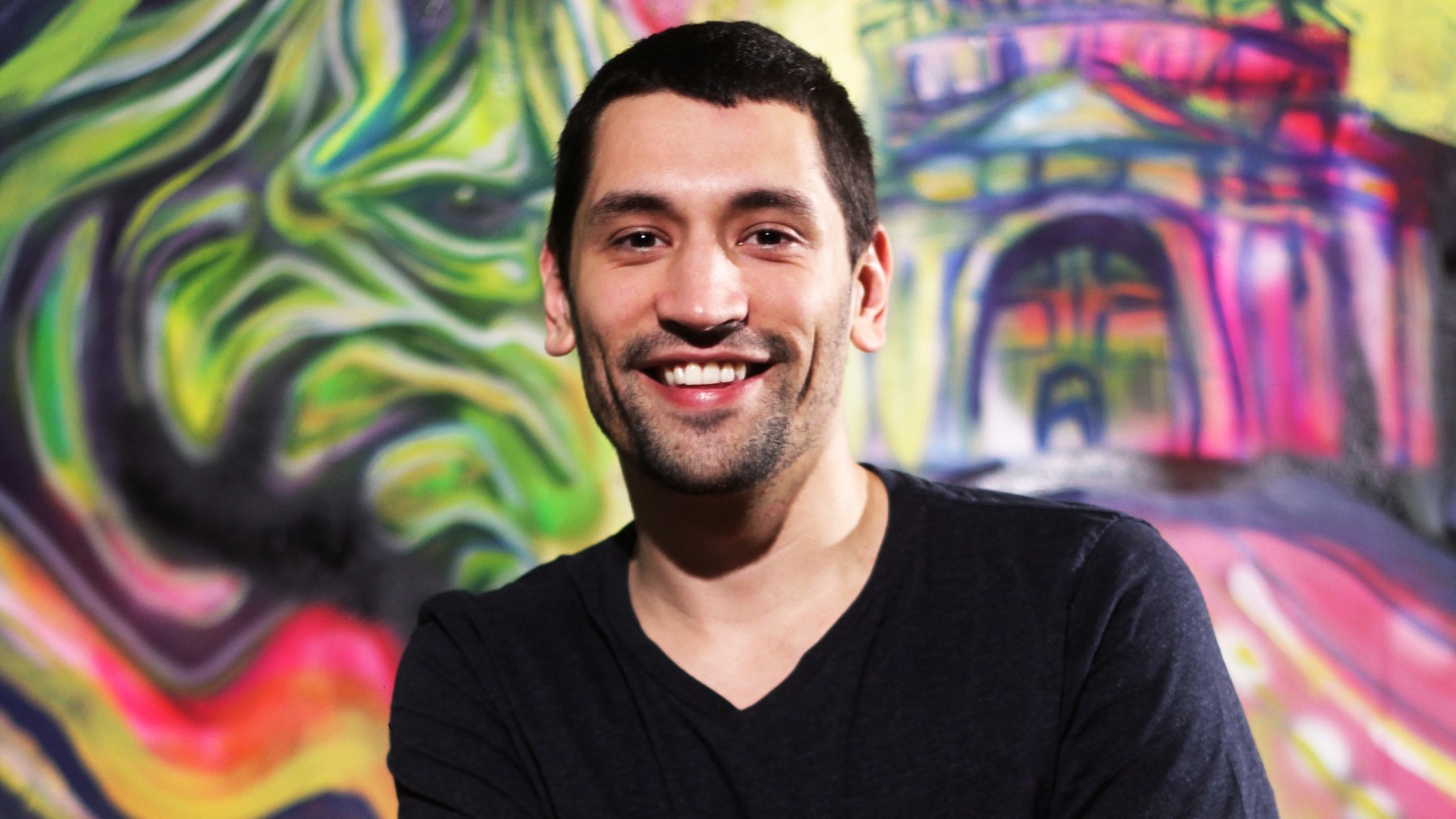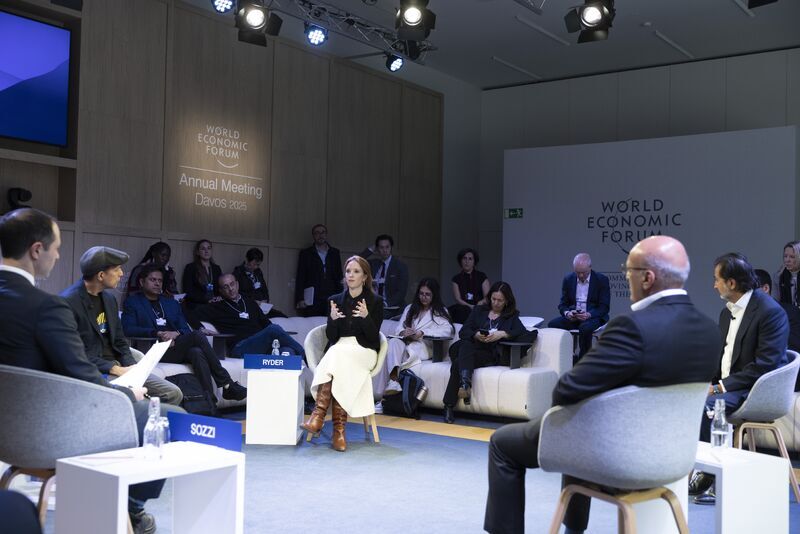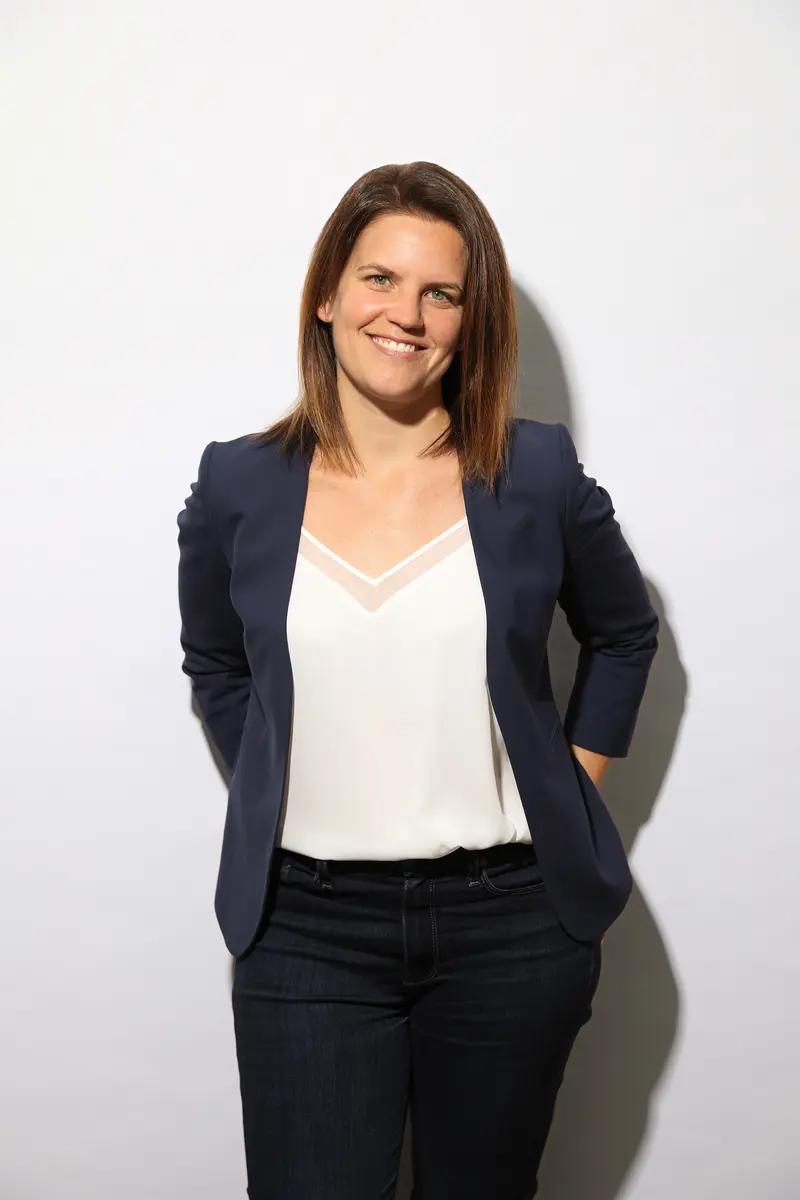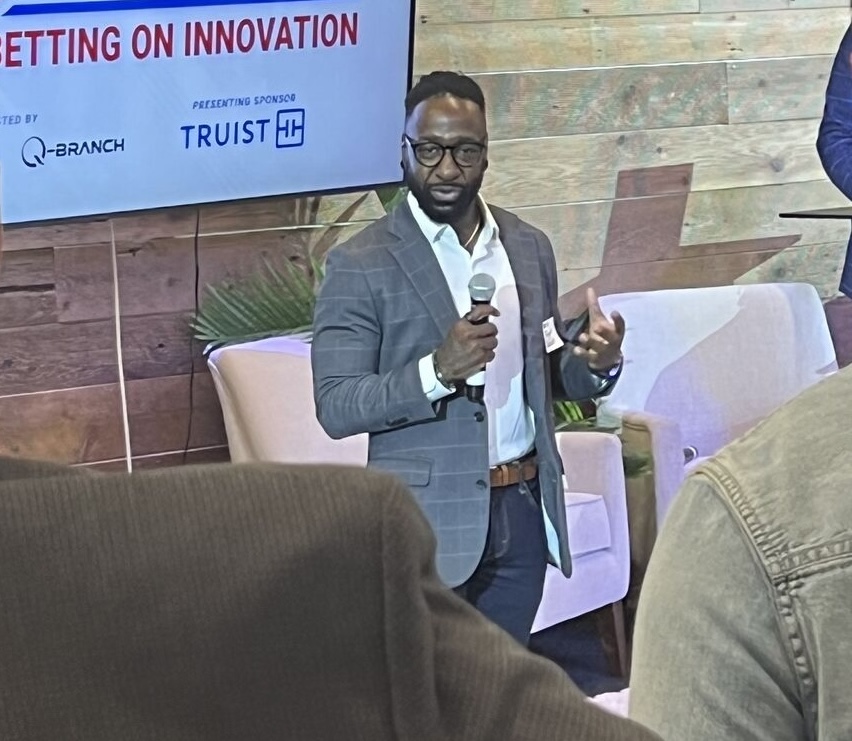Samara Hernandez sees immense value where venture capitalists tend to overlook – or outright ignore.
As a founding partner at Chingona Ventures, a "high-conviction pre-seed firm," she looks to invest in pre-seed startups with massive market aspirations. In short:“We basically like to make the first and largest check into any institutional round.”
With a focus on FinTech, future of work, future of learning, and health technologies, she built Chingona with the goal to invest in early founders from all walks of life.
“These are industries where consumer behavior is changing, where there's a lot of gaps – wealth gap, health gap,” she explains. Their goal is to reduce those discrepancies by investing in startups across the United States, believing that greatness can be found anywhere.
What matters most, she says, is that the founder understands local challenges, or someone building a product for the 99% of the population that traditional investors often ignore.
“We like to look at founders from all different backgrounds, geographies, and experiences,” she says. “It's based on: What unique problem do you understand with this community? Why are you the person building around that?”
While some might see her fund investments as “niche,” Samara sees the future where technology caters towards very different demographics – one of those neglected groups being the Hispanic community.
“One of every three kids being born today is Latino. We're vastly growing, we're increasing our GDP, our education, our wealth,” she explains, herself born in Mexico.
But whether they are tech entrepreneurs or non-tech, Samara adds, the main challenge remains that Latino entrepreneurs fall short of the $1 million in annual revenue mark. She points to their investment in Suma Wealth as an example of what others miss.
“It initially catered to the Latino community, focused on wealth building and educating the market on investing,” Samara says, with the initial focus being on the Hispanic population and educating the group on wealth building and market investment.
Between their background and bilingualism, the founders had access to “these two worlds of the Latino culture – where they came from, where their parents came from, and the U.S. culture within which they lived.”
“To be able to cater to both is something that's unique, something only founders from those communities can uniquely understand.”
From women to BIPOC and beyond, Chingona is working to rewire the system and give everyone an equal chance to change the world. Below, Samara dives deeper into how underdogs need to fight for their place in a tough industry.
Making Space in Market
The less connected you are, the more traction you need. There is a lot of buzz around, for instance, founders that raised $100 million.
What they don't tell you is they had an established network, whether that’s due to building a company before or having school and tech connections, the reality is that that's not you – and that's okay.
That just means you need to have this extra layer of conviction and validation in who you are and what you're building.
A lot of times, building an MVP with limited resources might mean applying to accelerators. That might be pitch competitions, non-dilutive funding sources ,or applying for grants. It makes you a more scrappy founder – there's more of a hustle.
We believe that's inherent to a lot of the founders that don't come from these traditional sources. Regardless of what market they are in, they have never had an easy time fundraising. You learn to do a lot with very little.
But more money means more problems. If you raise $100 million very quickly, you could do a lot, but there's also a lot of responsibility. You begin to spend aggressively, you have to grow very quickly, you break a bunch of stuff.
That might be really good in some cases, but often it’s not. There can be less of a focus on real sustainable revenue. Many of these companies we invest in are building businesses, which is slower sometimes in legacy industries, but it also creates a loyal, recurring customer base. It's sustainable revenue – even in down markets.
They are able to adjust based on different market cycles – making them more durable.
People from a Community Selling to People in That Community
We're a high-conviction early fund, we want to be the first, yes – no matter who else is in the round.
I think our unique differentiation is that we find these founders in these areas. Venture capital has a very herd mentality, everyone says that they're innovative and they're non-consensus.
We like to find founders that may not fit the traditional Silicon Valley mold, those who didn’t attend ivy league or come from big tech, but they can build really interesting products that appeal to the communities they come from.
There's a lot of good, young founders, but certain industries and legacy spaces need this type of expertise. You need someone that deeply understands their specific market. Many may not have the lingo or the network to raise large rounds of VC funding before they have a product. But we want to be there and be the first ones to say yes to these founders.
So it requires an extra level of work, extra level of due diligence, extra level of even risk taking. But otherwise it would be boring – We wouldn't be able to find alpha if we followed everybody else.
Connect With the Right People
The reality is you have to own who you are when fundraising. I think what's hard is that you tend to cater to what investors want to hear, and you build your pitch around that. But then you don't sound unique, and you come across as inauthentic.
I came from Wall Street, where you're literally and figuratively encouraged to cover up your personality. But in the VC space, you can build whatever you want.
Our name, Chingona, means bad ass woman in Spanish. We have a lot of pink in our logo and run our company with an all-women team. It's wonderful, and the minute I was able to own that, my LP pitch changed.
My biggest piece of advice for anybody fundraising is to double down on the authenticity of your story.
You're going to get a million no's, but one yes can be life-changing, like for me. That's what we want to be for our founders. We want to be the first large yes so they can start building the future.
